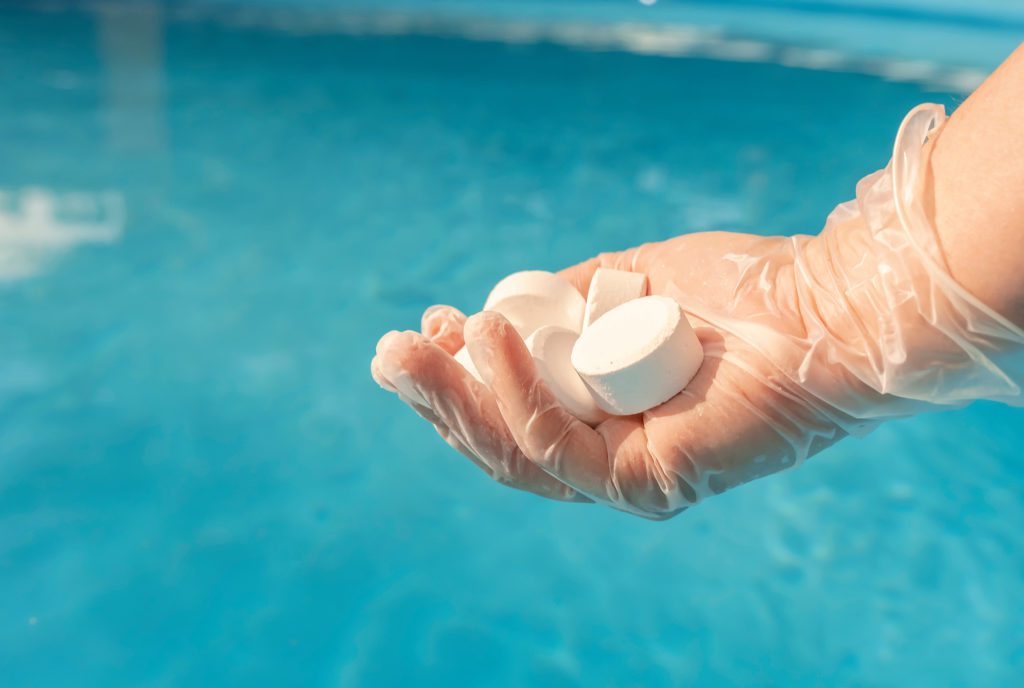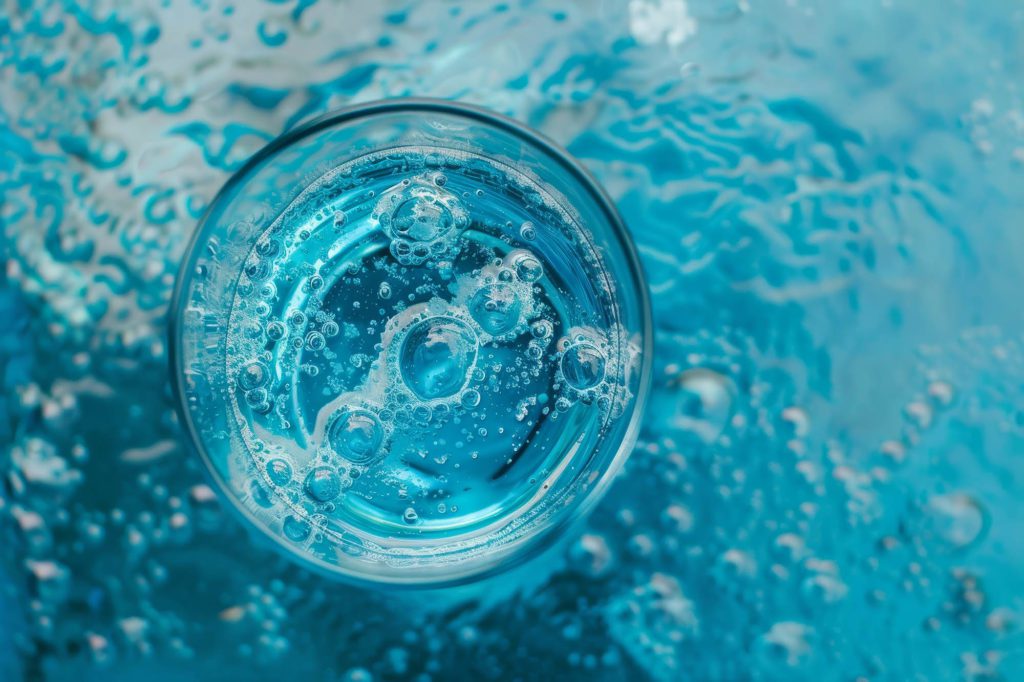Water Chlorination
What is Water Chlorination?
Water chlorination is a crucial disinfection process used to eliminate harmful bacteria, viruses, and other pathogens from water systems. By introducing chlorine or chlorine-based compounds, this method helps maintain water safety in industrial, commercial, and public water supplies.
Why is Water Chlorination Important?
Without proper disinfection, water systems can become breeding grounds for dangerous microorganisms, leading to serious health risks and regulatory non-compliance.
Risks of Poor Water Disinfection:
- Bacterial and Viral Contamination: Pathogens such as Legionella, E. coli, and Salmonella can thrive in untreated water.
- Biofilm Formation: Microbial layers within pipework can protect bacteria from conventional cleaning methods.
- Waterborne Disease Outbreaks: Contaminated water can cause severe illnesses, particularly in vulnerable populations.
- Regulatory Non-Compliance: Failure to meet legal water safety standards can result in fines, shutdowns, and reputational damage.
How to Implement Effective Water Chlorination
A well-structured chlorination process ensures ongoing water hygiene and safety.
Essential Water Chlorination Strategies:
- Pre-Chlorination Inspection: Assessing the water system for contaminants, biofilm, and potential risks.
- Shock Chlorination: A high-dose chlorination process to rapidly eliminate bacteria and organic matter.
- Continuous Chlorination: Maintaining a low but consistent chlorine level to prevent regrowth.
- Residual Chlorine Monitoring: Regularly testing chlorine levels to ensure effective disinfection.
- PH and Chemical Balance Control: Adjusting pH to optimise chlorine effectiveness while preventing corrosion.
- Regulatory Compliance Testing: Conducting regular water tests to meet safety standards and regulations.


Our Water Chlorination Services
We offer comprehensive chlorination solutions to help businesses maintain safe and compliant water systems:
- Legionella & Microbiological Disinfection: Eliminating bacteria and pathogens from water supplies.
- Tank and Pipework Chlorination: Cleaning and disinfecting storage tanks, pipe networks, and distribution systems.
- Emergency Chlorination Services: Rapid response solutions for contamination incidents.
- Chlorine Residual Testing & Monitoring: Ensuring effective and balanced chlorine levels.
- Regulatory Compliance Support: Helping businesses meet legal and industry-specific water hygiene requirements.
- Ongoing Maintenance & Training: Providing expert guidance on chlorination best practices and system upkeep.
Scheme of Control for Water Chlorination
To maintain a safe and effective chlorination process, a structured scheme of control should include:
- An Up-to-Date Water System Plan: A detailed diagram of all water sources, storage tanks, and distribution points.
- Description of Safe Operation: Guidelines on maintaining proper chlorine levels and safe handling procedures.
- Necessary Precautions: Steps to prevent overdosing, corrosion, and unnecessary exposure to chlorine.
- Testing Procedures & Frequency: Regular monitoring of chlorine levels, microbiological content, and pH balance.
- Responsible Personnel: Designated individuals accountable for chlorination and water quality assurance.
- Remedial Actions: Defined steps to be taken in case of contamination, system failures, or non-compliance.
By implementing these control measures and utilising our expert chlorination services, industrial and commercial facilities can ensure a safe, compliant, and bacteria-free water system.
GET IN TOUCH

